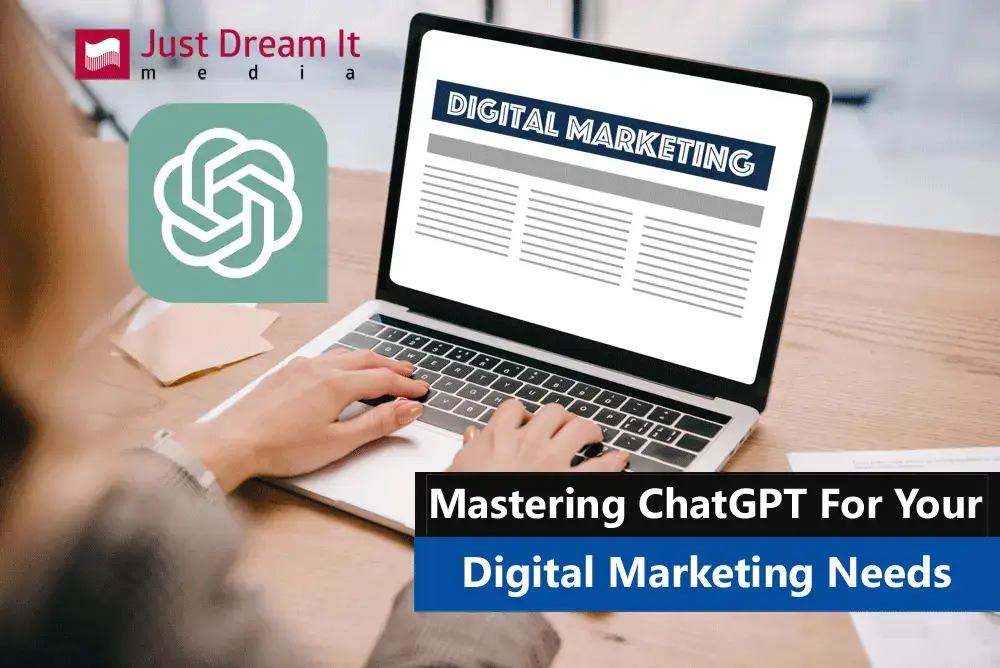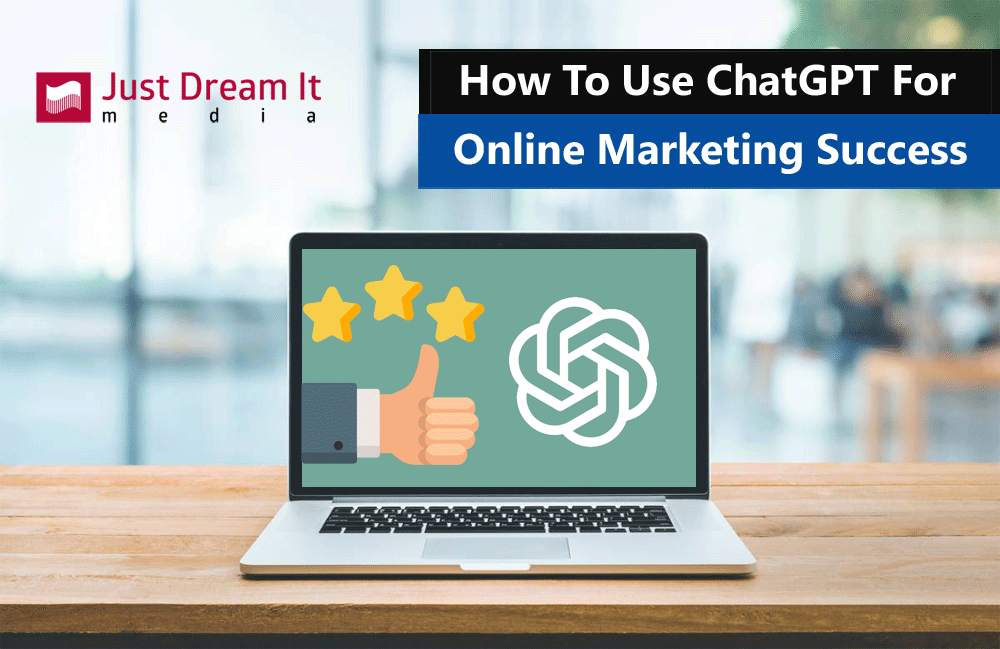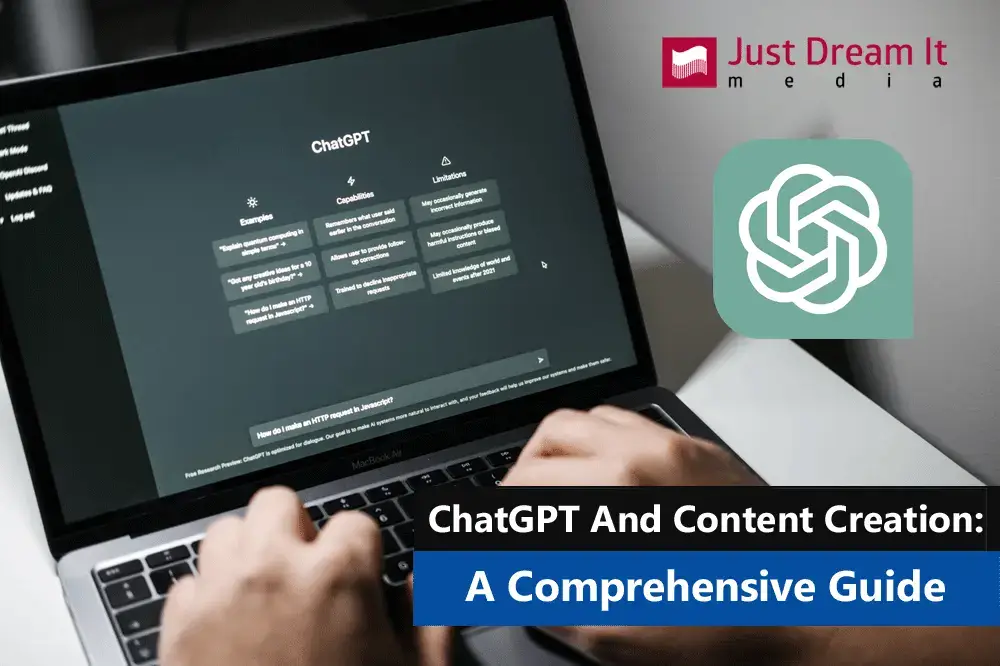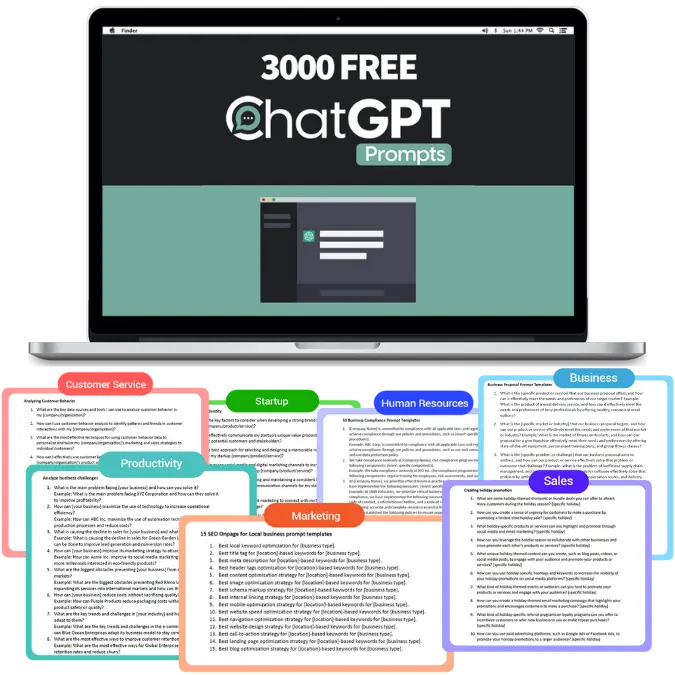Mastering ChatGPT: Unleashing the Power of AI for Your Digital Marketing Success
Introduction
In today’s digital landscape, businesses cannot afford to ignore the significance of digital marketing. A powerful combination of AI and digital marketing allows companies to thrive in a competitive environment. One such AI-driven tool that has revolutionized digital marketing is ChatGPT. This article will guide beginners through understanding and mastering ChatGPT for their digital marketing needs, covering various applications and sharing real-life examples for a better grasp of the subject.
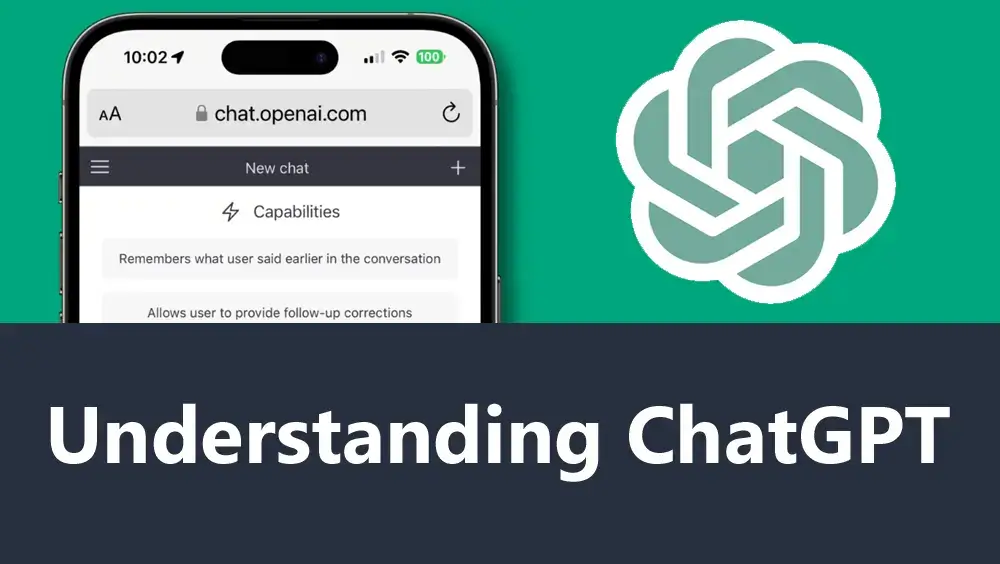
Understanding ChatGPT
Brief history and development of ChatGPT
ChatGPT, or Chatbot Generalized Pre-trained Transformer, is an AI-based tool developed by OpenAI. It is based on the GPT-4 architecture, which is the latest version of the groundbreaking language model. ChatGPT has evolved over the years, with each iteration becoming more capable and efficient. By leveraging GPT-4, ChatGPT has become a game-changer in the world of digital marketing.
The technology behind ChatGPT: GPT-4 architecture
GPT-4, the technology powering ChatGPT, is an advanced machine learning model designed for natural language processing tasks. It utilizes deep learning and a vast amount of data to understand context and generate human-like text. The main strength of GPT-4 lies in its ability to adapt to various applications, making it a versatile tool for digital marketers.
Advantages of using ChatGPT for digital marketing
Using ChatGPT in digital marketing strategies offers numerous benefits, including reduced costs, improved efficiency, enhanced creativity, and scalability. By automating tasks and providing data-driven insights, ChatGPT helps businesses stay ahead of the curve and engage their audiences more effectively.
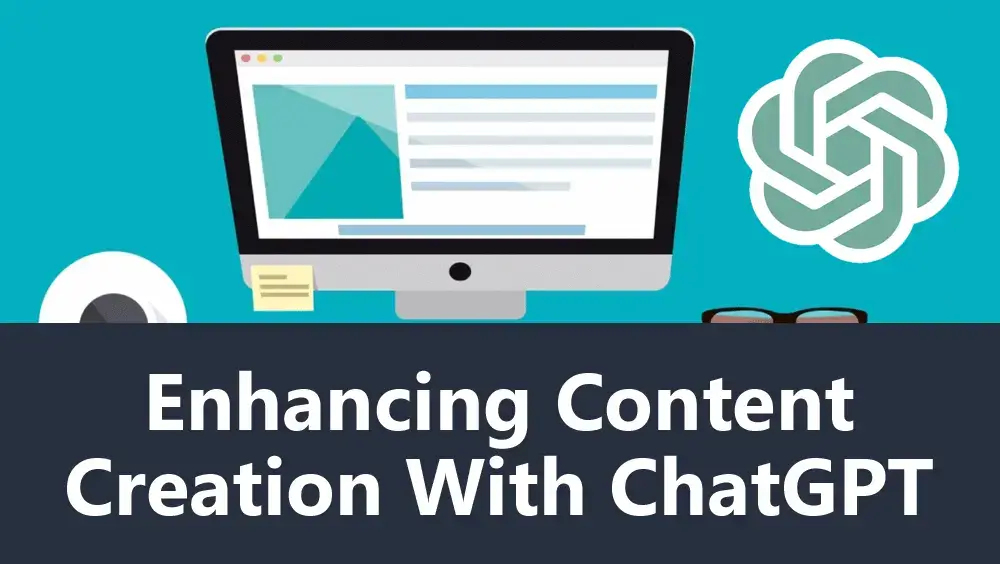
Enhancing Content Creation with ChatGPT
Crafting compelling headlines and taglines
Creating captivating headlines and taglines is crucial for attracting readers and potential customers. ChatGPT can generate several attention-grabbing options, allowing marketers to choose the best fit for their content. For example, a health supplement company might use ChatGPT to create headlines like “Revitalize Your Health with Our All-Natural Supplements” or “Unlock the Secret to Optimal Wellness with Our Expert-Approved Supplements.”
Generating engaging blog posts and articles
Producing consistent, high-quality blog posts and articles can be time-consuming for digital marketers. ChatGPT can help by generating content ideas or even entire articles, making the process more efficient. For instance, a marketing agency might use ChatGPT to generate a blog post on “AI-powered content creation for marketing,” providing insights and tips for readers while incorporating relevant long-tail keywords.
Creating persuasive marketing copy and product descriptions
ChatGPT can help write persuasive marketing copy, such as product descriptions, that resonate with consumers. For example, an e-commerce store selling eco-friendly products might use ChatGPT to write product descriptions that highlight the environmental benefits and quality of their items.
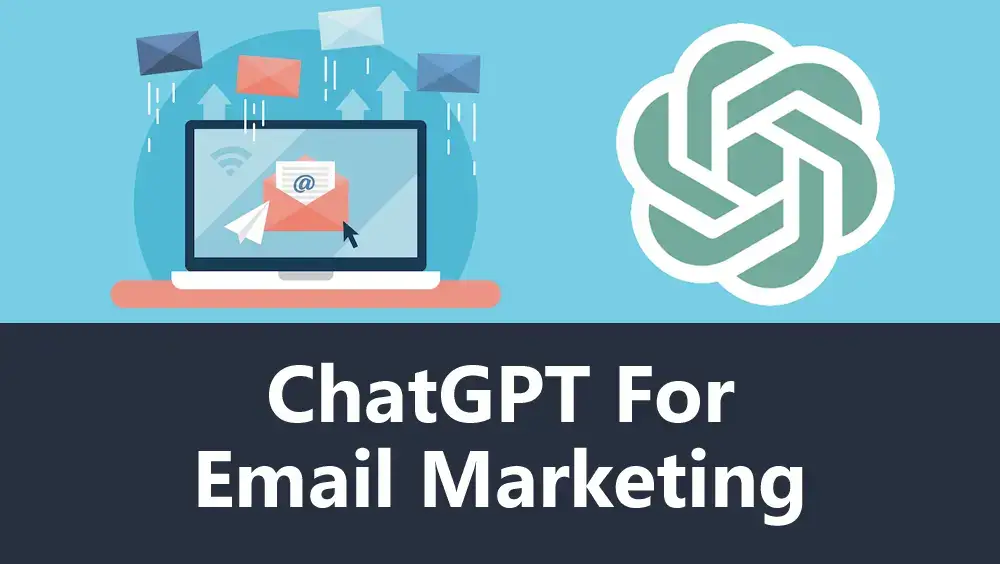
ChatGPT for Email Marketing
Personalizing email campaigns with AI
One of the key aspects of effective email marketing is personalization. ChatGPT can analyze user data and craft personalized emails that cater to individual preferences, increasing engagement and conversions. For example, an online retailer might use ChatGPT to send personalized product recommendations based on a customer’s browsing history and purchase patterns.
Crafting attention-grabbing subject lines
Subject lines play a vital role in determining whether recipients open an email or not. ChatGPT can generate compelling subject lines that entice users to click and read the content. For instance, a software company might use ChatGPT to create subject lines like “Discover the Ultimate Solution to Boost Your Productivity” or “Unlock the Full Potential of Your Team with Our Revolutionary Software.”
Writing effective email body copy
Crafting the right email body copy is essential for maintaining user engagement and driving desired actions. ChatGPT can help create persuasive and targeted email content, ensuring your message gets across effectively. For example, a fitness center might use ChatGPT to create an email promoting a new workout class, focusing on the class’s benefits and incorporating a clear call-to-action.
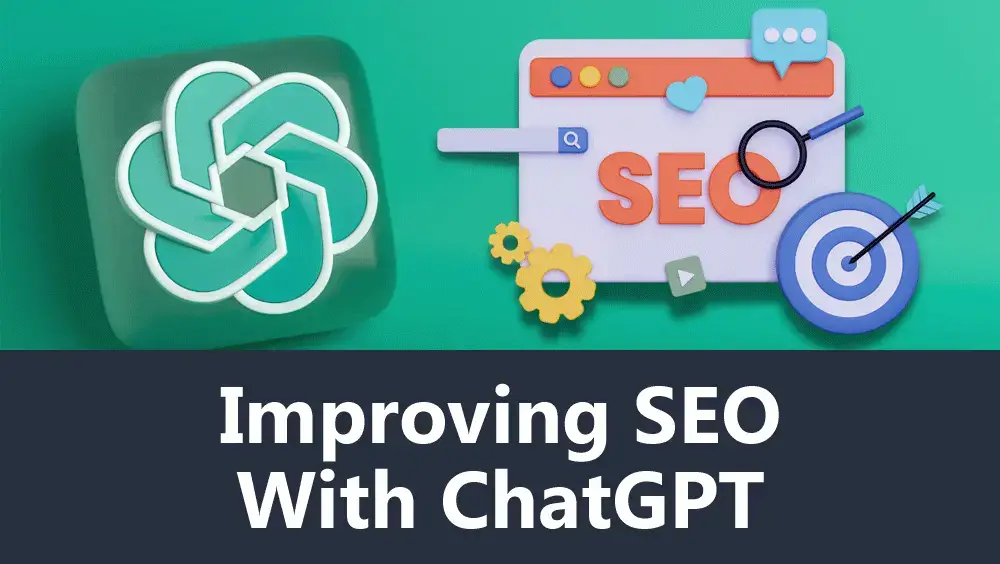
Improving SEO with ChatGPT
Performing keyword research and analysis
Search engine optimization (SEO) is crucial for driving organic traffic to your website. One of the key aspects of SEO is keyword research, which involves finding relevant terms with high search volume and low competition. ChatGPT can assist in keyword research and analysis, making it easier for marketers to optimize their content. For instance, a digital marketing agency might use ChatGPT to identify long-tail keywords like “ChatGPT digital marketing strategies” or “SEO optimization using ChatGPT.
Optimizing website content for search engines
ChatGPT can also help in optimizing website content by suggesting improvements and generating SEO-friendly text. It can create metadata, such as title tags and meta descriptions, that accurately represent your content and incorporate relevant keywords. For example, a travel blog might use ChatGPT to optimize an article about “Top 10 Eco-Friendly Travel Destinations,” ensuring it ranks higher on search engine results pages.
Generating SEO-friendly metadata and alt text
Metadata and alt text play a crucial role in making your website accessible and SEO-friendly. ChatGPT can generate metadata, such as meta descriptions and image alt text, that incorporate target keywords and accurately describe your content. For instance, an online photography portfolio might use ChatGPT to create alt text for images that describe the subject matter and style while incorporating relevant keywords like “urban landscape photography” or “abstract nature photography.
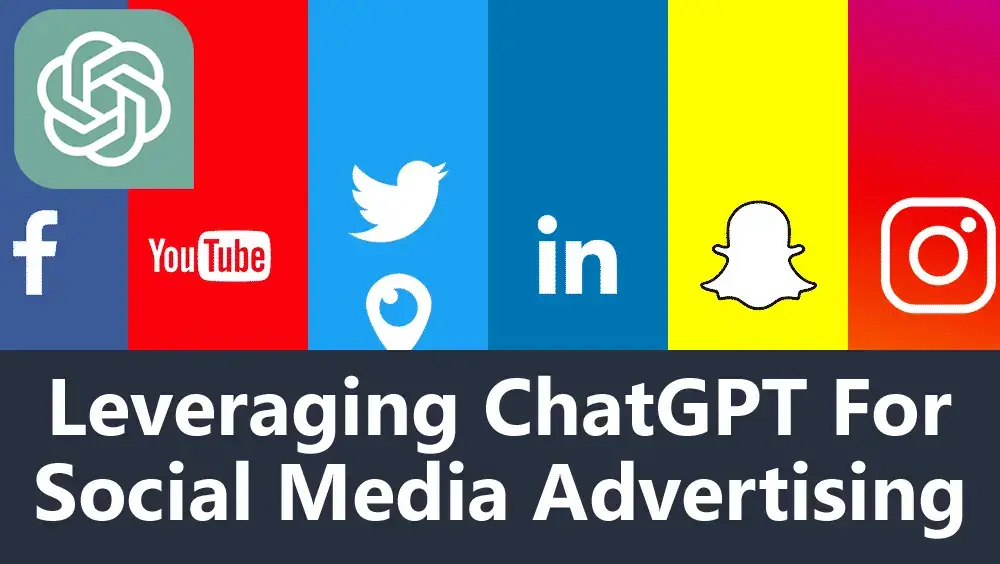
Leveraging ChatGPT for Social Media Advertising
Creating ad copy for different social media platforms
Each social media platform has its unique user base and content format, making it essential to tailor your ad copy accordingly. ChatGPT can generate platform-specific ad copy that appeals to the target audience and aligns with the platform’s guidelines. For example, a clothing brand might use ChatGPT to create concise, engaging ad copy for Instagram Stories, and more detailed, informative copy for Facebook ads.
A/B testing ad variations for improved performance
A/B testing is the process of comparing two or more variations of an ad to determine which performs better. ChatGPT can generate multiple ad variations, allowing marketers to test different headlines, copy, or visuals and make data-driven decisions. For instance, a software company might use ChatGPT to create several ad headlines and analyze their performance to identify the most effective one.
Analyzing ad performance and making data-driven decisions
ChatGPT can also help marketers analyze ad performance by processing data and providing insights on areas for improvement. By using AI-driven recommendations, businesses can optimize their ad campaigns for better results. For example, an e-commerce store might use ChatGPT to analyze their Facebook ad campaign and identify trends or patterns that could inform future ad strategies.
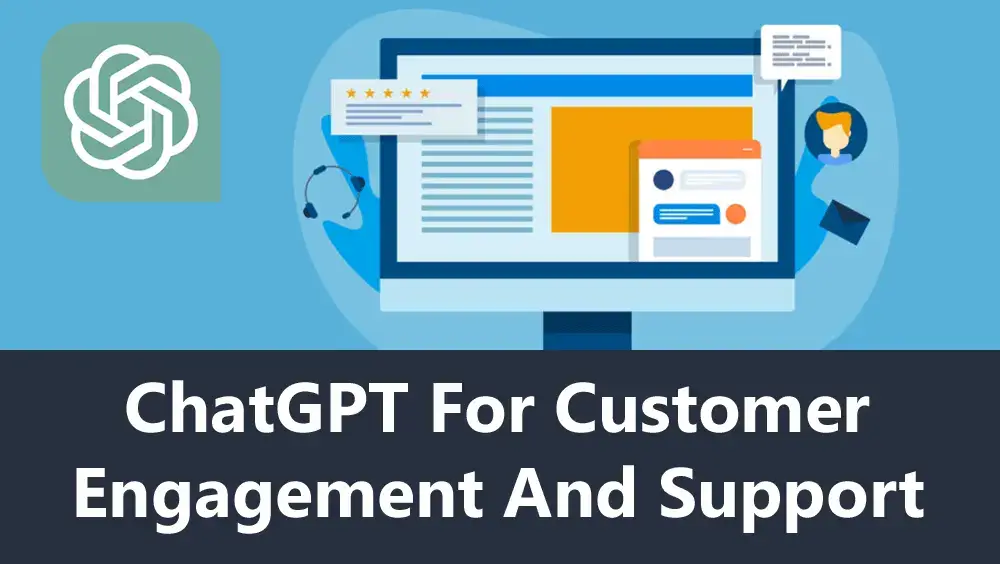
ChatGPT for Customer Engagement and Support
Automating customer support with AI-powered chatbots
Customer support is a critical aspect of any business, and ChatGPT can help improve the efficiency and effectiveness of support services. By creating AI-powered chatbots, businesses can automate responses to common customer queries, freeing up resources for more complex issues. For example, a telecom provider might use ChatGPT to create a chatbot that assists customers with basic troubleshooting and account management tasks.
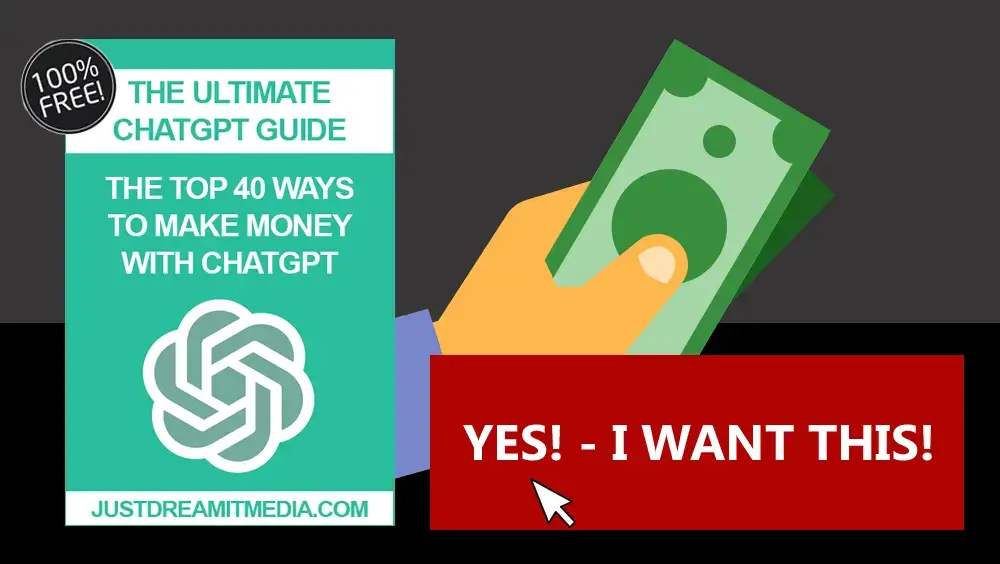
Personalizing customer interactions and building relationships
ChatGPT can also help businesses personalize customer interactions, fostering stronger relationships and driving customer loyalty. By analyzing user data and preferences, ChatGPT can generate tailored content and recommendations that resonate with individual customers. For example, a streaming service might use ChatGPT to send personalized content recommendations based on a user’s viewing history, increasing engagement and retention.
ChatGPT has the potential to revolutionize digital marketing by automating tasks, enhancing creativity, and providing valuable insights. By understanding and mastering ChatGPT, businesses can improve their content creation, email marketing, SEO, social media advertising, and customer engagement strategies, staying ahead of the competition and driving success.
By harnessing the power of ChatGPT, businesses can streamline their digital marketing efforts, engage their audiences more effectively, and ultimately achieve better results. As AI technology continues to evolve, ChatGPT and similar tools will play an increasingly vital role in the future of digital marketing.
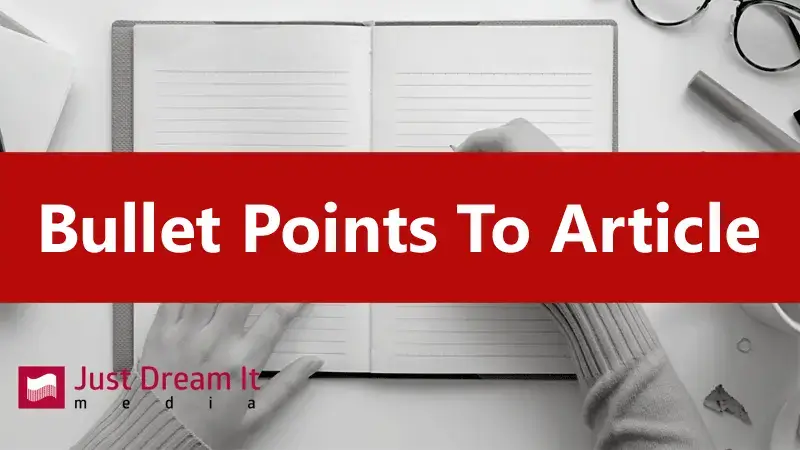
As a beginner looking to explore the world of digital marketing and artificial intelligence, understanding the capabilities of ChatGPT can significantly enhance your marketing efforts.
Here are the main points and descriptions covered in the article above:
1. Introduction to ChatGPT: The article begins with an introduction to ChatGPT, a powerful AI-driven tool developed by OpenAI that is revolutionizing digital marketing.
2. Technology behind ChatGPT: The article explains the GPT-4 architecture that powers ChatGPT, emphasizing its adaptability and versatility for various digital marketing applications.
3. Enhancing content creation: ChatGPT can be used to create compelling headlines, engaging blog posts, and persuasive marketing copy, which helps businesses attract and retain their target audience.
4. Email marketing with ChatGPT: AI-powered personalization, attention-grabbing subject lines, and effective email body copy are some ways ChatGPT can be used to optimize email marketing campaigns.
5. Improving SEO: ChatGPT can help with keyword research, website content optimization, and generating SEO-friendly metadata and alt text, ensuring better search engine rankings and organic traffic.
6. social media advertising: The article highlights the use of ChatGPT for creating platform-specific ad copy, A/B testing ad variations, and analyzing ad performance, leading to more effective social media campaigns.
7. Customer engagement and support: ChatGPT can be used to automate customer support with AI-powered chatbots and personalize customer interactions, fostering stronger relationships and driving customer loyalty.

Action Plan: Mastering ChatGPT for Your Digital Marketing Success
1. Research and understand ChatGPT: Start by familiarizing yourself with ChatGPT’s capabilities, technology, and its role in digital marketing. Explore how GPT-4 architecture enables advanced language processing and versatile applications.
2. Incorporate ChatGPT into content creation: Utilize ChatGPT for generating captivating headlines, engaging blog posts, and persuasive marketing copy. Experiment with different content ideas and choose the best options that resonate with your target audience.
3. Optimize email marketing campaigns: Leverage ChatGPT to personalize email campaigns, craft attention-grabbing subject lines, and write effective email body copy. Monitor the performance of your emails and make adjustments based on AI-generated insights.
4. Enhance your SEO efforts: Use ChatGPT for keyword research, website content optimization, and generating SEO-friendly metadata and alt text. Regularly review your content’s search engine rankings and make necessary updates to maintain or improve your position.
5. Leverage ChatGPT for social media advertising: Create platform-specific ad copy, conduct A/B testing of ad variations, and analyze ad performance using ChatGPT. Use AI-driven recommendations to optimize your social media campaigns and target the right audience.
6. Improve customer engagement and support: Implement ChatGPT-powered chatbots to automate customer support and personalize customer interactions. Focus on building stronger relationships and driving customer loyalty through tailored content and recommendations.
7. Monitor and measure performance: Regularly evaluate the effectiveness of your ChatGPT-based digital marketing efforts. Track key performance indicators (KPIs) and adjust your strategies based on data-driven insights.
8. Stay updated with ChatGPT developments: Keep yourself informed about the latest advancements in ChatGPT technology and explore new features and functionalities as they become available. Adapt and innovate your marketing strategies accordingly.
9. Consider ethical implications: Be transparent about your use of AI-generated content, respect user privacy, and avoid promoting misleading or harmful information. Ensure that your digital marketing practices align with ethical guidelines.
10. Continuously refine your strategies: As you gain more experience using ChatGPT in your digital marketing efforts, continue refining your strategies to maximize effectiveness and stay ahead of the competition. Learn from your successes and failures, and use that knowledge to drive better results.

If you’re just starting to explore ChatGPT and its applications in digital marketing, you may have some questions about its capabilities and usage.
Here are 10 great frequently asked questions, along with their answers:
1. That is ChatGPT, and how does it relate to digital marketing?
Answer: ChatGPT is an AI-driven language model developed by OpenAI, based on the GPT-4 architecture. It helps businesses automate and enhance various aspects of their digital marketing efforts, such as content creation, email marketing, SEO, social media advertising, and customer engagement.
2. How does ChatGPT understand and generate human-like text?
Answer: ChatGPT is powered by the GPT-4 architecture, which uses deep learning and massive amounts of data to understand context and generate text that closely resembles human writing. It can adapt to various applications, making it a versatile tool for digital marketers.
3. Can ChatGPT replace human content creators in digital marketing?
Answer: While ChatGPT can significantly aid and streamline content creation, it shouldn’t entirely replace human content creators. AI-generated content may lack human nuances and emotions, and human oversight is necessary to ensure quality, accuracy, and relevance.
4. Is ChatGPT suitable for beginners in digital marketing?
Answer: Yes, ChatGPT is suitable for both beginners and experienced digital marketers. It can simplify various tasks, provide valuable insights, and help users learn and improve their digital marketing strategies over time.
5. How can I start using ChatGPT for my digital marketing needs?
Answer: To start using ChatGPT, explore OpenAI’s API and access the platform’s various functionalities. Familiarize yourself with the best practices and guidelines for using AI in digital marketing, and begin incorporating ChatGPT into your marketing efforts.
6. What are some common applications of ChatGPT in digital marketing?
Answer: ChatGPT can be used for numerous digital marketing tasks, including creating compelling headlines, generating engaging content, crafting persuasive marketing copy, optimizing email campaigns, improving SEO, creating social media ad copy, and automating customer support.
7. Are there limitations to using ChatGPT in digital marketing?
Answer: Yes, there are limitations to using ChatGPT in digital marketing. AI-generated content might lack human nuances and emotions, and there’s a possibility of generating irrelevant or inaccurate information. It’s essential to review and edit AI-generated content before publishing to ensure quality and accuracy.
8. What are the ethical considerations when using ChatGPT for digital marketing?
Answer: When using ChatGPT for digital marketing, it’s important to be transparent about the use of AI-generated content, respect user privacy, and avoid promoting misleading or harmful information. Ensuring your digital marketing practices align with ethical guidelines is crucial.
9. Can ChatGPT help with SEO and keyword research?
Answer: Yes, ChatGPT can assist in keyword research and analysis, making it easier for marketers to optimize their content. It can also help optimize website content for search engines, generate SEO-friendly metadata, and create alt text for images.
10. How does ChatGPT compare to other AI marketing tools?
Answer: ChatGPT, powered by GPT-4 architecture, is one of the most advanced AI language models available today. While other AI marketing tools may offer similar functionalities, ChatGPT’s versatility and adaptability set it apart, making it an excellent choice for various digital marketing applications.
Conclusion
In summary, ChatGPT is a powerful AI-driven tool that can revolutionize digital marketing by automating tasks, enhancing creativity, and providing valuable insights. By understanding and mastering ChatGPT, businesses can improve their content creation, email marketing, SEO, social media advertising, and customer engagement strategies, staying ahead of the competition and driving success.
The time is now to take advantage of the capabilities offered by ChatGPT and elevate your digital marketing efforts. As a beginner or experienced marketer, don’t hesitate to explore ChatGPT’s potential and integrate it into your marketing strategies. Start by familiarizing yourself with the technology, accessing OpenAI’s API, and incorporating ChatGPT into various aspects of your marketing campaigns.
Remember to stay updated with ChatGPT developments, consider ethical implications, and continuously refine your strategies based on data-driven insights. By harnessing the power of ChatGPT, you’ll be better equipped to engage your audience effectively, build lasting customer relationships, and ultimately achieve better results in the ever-evolving digital marketing landscape. Take action today and unlock the full potential of ChatGPT to drive your digital marketing success.

